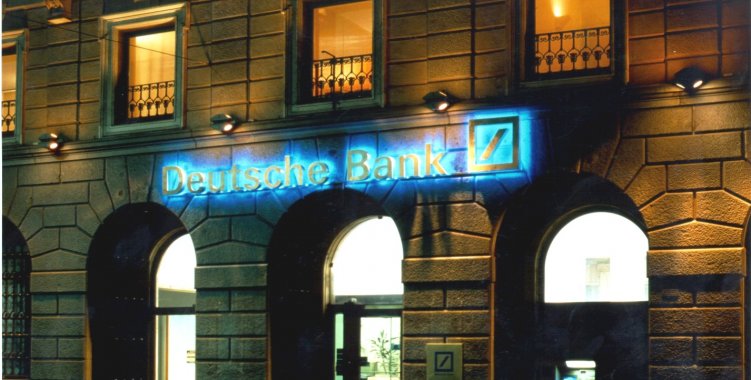"It could have gone better", admitted the government official in an interview with Lusa in Marrakesh, Morocco, on the sidelines of the Annual Meetings of the International Monetary Fund (IMF) and the World Bank, taking place this week.
"Deutsche Bank's financing was a support line for the private sector operated by the Development Bank of Angola, and the level of approvals is relatively low, we confess, if there are five projects approved it is a lot", revealed Vera Daves de Sousa, when asked on the level of financing provided by the German bank, specifying that the amount used was below 330 million dollars.
This low level of use of the credit line is "largely due to the assumptions that companies must meet to have access to financing, it is necessary to use German equipment, in short, there are a series of things, and there are few Angolan or that operate in Angola that can meet Deutsche Bank's requirements", said the official, highlighting that despite still being in operation, the line financed less than a third of the total amount of one billion dollars.
The opening of a credit line, like this one that began in May 2019, is a possible example that Angola can follow to avoid further financing, which implies an increase in debt, something that the Government wants to avoid at all costs.
Asked whether the issuance of green debt, that is, for projects linked to the environment, could be a solution, Vera Daves de Sousa admitted that the concept is interesting, but highlighted: "But it's more debt, Angola's challenge now is the debt, what we have to explore are other avenues that do not involve debt, that involve capital, or private investment, but that do not involve Angola having to pay interest and capital for some time to come".
The objective is to avoid the increase in the value of debt, which conditions public spending in other needy sectors, such as Education or Health, and hence the need to resort to other means, such as guarantees from international entities that take the risk out of external investment, convincing investors betting on the Portuguese-speaking African country.
"We have to reduce the country's risk in order to bring in capital that does not deteriorate Angola's public accounts. It is these innovative things that we want to explore to mitigate the tension that we will have in the next five to six years, in which the service of debt will represent a challenge", said Vera Daves de Sousa.
Until the end of the decade, Angola will experience permanent tension between the need to invest in infrastructure and the desire to control debt: "Until 2029 we will have challenging times and therefore we will have to be creative to address the issue of infrastructure, because we also cannot stop everything because Angola is a huge country with many needs, at the same time we have to be conservative so as not to worsen our situation", summarized the Finance Minister in the interview with Lusa.







